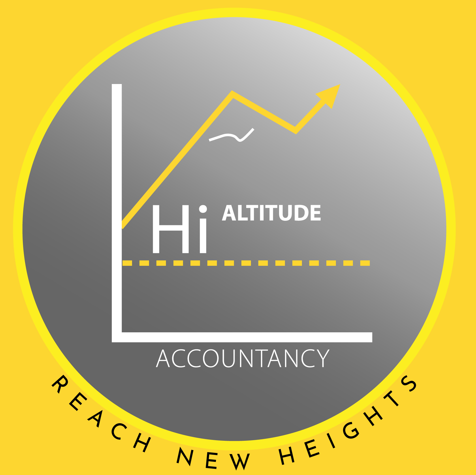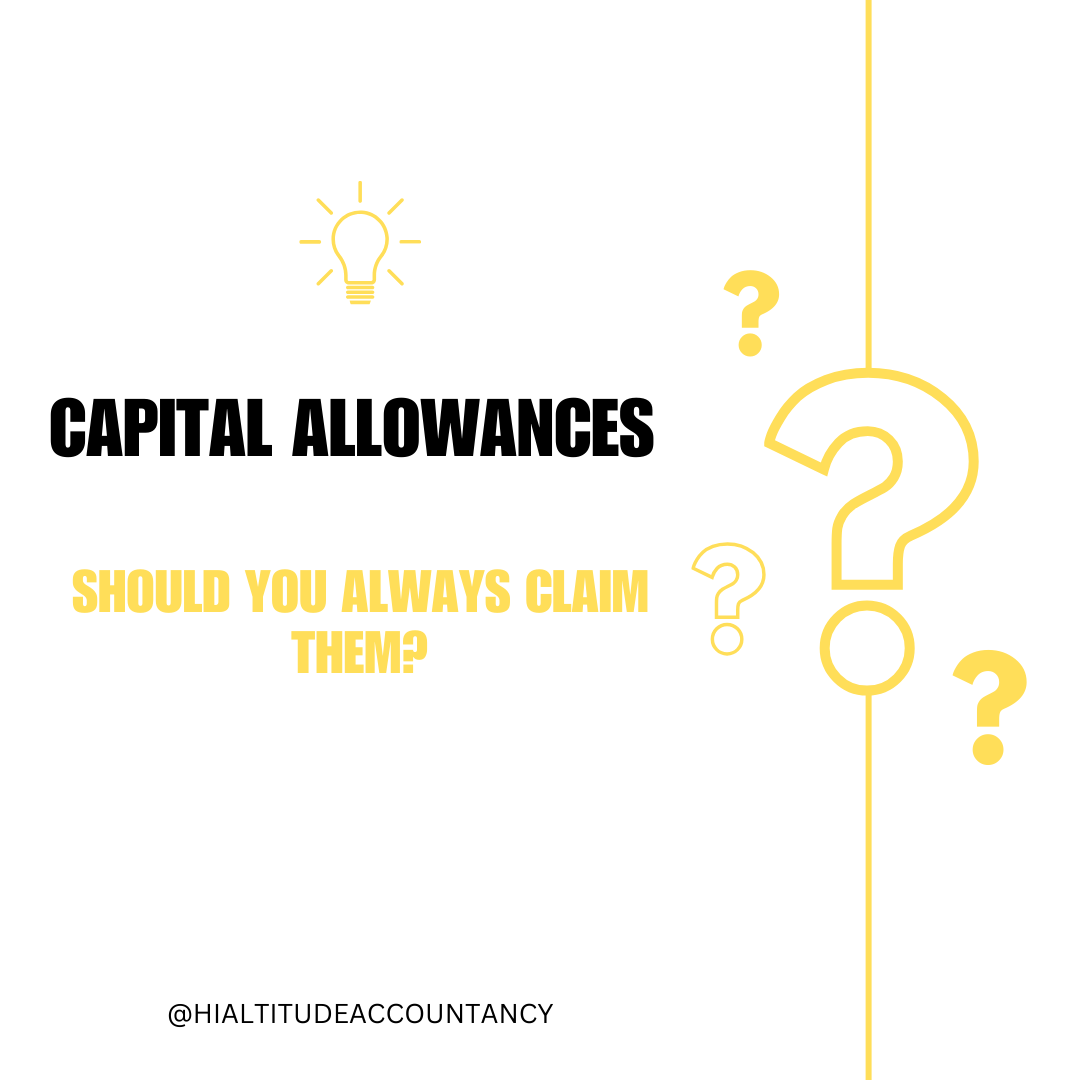Basis Period Reform and what it means for you
Basis period reform. What is it? Does it affect you?
If you’re an unincorporated business (Sole Traders, Partnerships and trustees of trusts) with an accounting date that is different to the tax year April - March, this reform will affect you.
Below, we've tried to break down the whole subject and answer some of your questions which will no doubt be on your mind...
Firstly, let’s discuss the basics of the above title.
What is a basis period?
This is your accounting year that your accounts are prepared to in your usual annual accounts. This may be April to March like the tax year or it may be different. Usually your accounts are prepared from the month you began trading, unless you or your accountant changed this.
What and why are things changing?
HMRC are implementing the basis period reform over 2 years to bring all unincorporated companies accounting periods in line with the tax year to simplify taxes and ultimately collect taxes sooner for those on different accounting dates that don't align.
When is it happening?
The tax year 2023/24 is the transitional year for Basis Period reform. 2024/25 tax year is when the full rules come into affect.
What do I need to know?
Your tax return for the year 2023/24 will include your usual current accounting year, but be stretched to include the period up to the end of March 2024.
EXAMPLE: If you have an accounting period of July to June, your return for 2023/24 will be 1st July 2022 to 31st March 2024.
If your current accounting year is the same as the above example, this means you’ll be taxed on 21 months profit on your tax return for 2023/24.
This is likely to cost you a lot more with you accountant as many more month are included in the calculations for your tax returns.
Following the transitional year, the next year 2024/25 will be profits calculated on April to March and continue with those months every year going forward.
What if I want to keep my accounting date the same?
Internally you could keep your accounting and reporting dates the same if you want to. However, this would mean producing 2 sets of accounts each year - your current accounting year for your internal business use and reports for the tax year.
Accountants will produce reports for the tax year from 2024/25 as standard, but you can request that reports for your original accounting period also be made. This will undoubtedly cost more to produce 2 sets instead of just the new period being the tax year version.
Will I have to pay for all the extra months tax in one go by the 31st January 2025?
As discussed, Tax bills will be higher in the transitional year for clients with accounting dates that don’t align with the tax year.
HMRC has recognised this issue and is allowing tax payers with overlapping profits to spread them over 5 years.
What about my previous overlapping profits from when my business/trading started?
If you started trading with a date that didn’t align with the tax year, it’s likely you were taxed twice in your early years of trading.
If you’ve forgotten about this, I’ll give you a reminder using the above mentioned dates that don’t align.
EXAMPLE: If your business started trading midway through a tax year, let’s say again, in July and we'll use 2015 as the year for this example.
1. Your first return would be based on the period July 15 to March 16 and form your return for tax year 2015/16.
2. Your second years return would’ve then been based on your first full year. July 15 - June 16 and form your return for tax year 2016/17.
Quite clearly you can see here that you had been taxed for 9 overlapping months which are called overlapping profits.
If your business ceases trading, you would be entitled to deduct these overlapping profits paid at the beginning from your final tax bill.
What if I don’t have the records any more of those overlapping profits?
The good news is, HMRC are developing an online form for you to request overlap profit figures directly.
The new basis period reform rules mean that overlap profits will now become a thing of the past.
Is anything else going to change after 2025?
It is planned that by April 2026 Making Tax Digital for income tax self-assessment (also shortened to MTD-ITSA) is going to come into place. This is going to require quarterly filed reports for my Self-employed and Partnership clients throughout the tax year.
What is the advice accountants are giving to clients about these changes?
Accountants are always recommending that clients use software to keep on track of their accounts.
Cloud software will help to give real time information on your profits and cash flow. Having your software accurate and up to date will be imperative at this point with less time to file between returns. There are some free software choices out there too like Free Agent for a lot of businesses with certain banks.
Adopting a hands on approach or seeking help with your bookkeeping and returns now will help you to adapt and be ready for this point way ahead of time.
More info can also be found from HMRC website regarding the reform Basis period reform - GOV.UK (www.gov.uk)
Hi Altitude is here to help existing and new clients with any new challenges, so do get in touch if you have any questions and need help from a local accountant 😊










